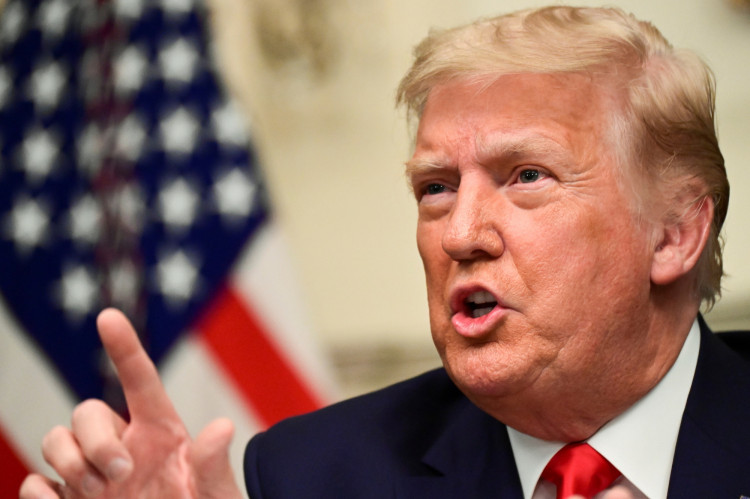The Trump administration on Wednesday urged the U.S. Supreme Court to block lower court orders compelling the Department of Government Efficiency (DOGE) to turn over internal documents to a watchdog group, escalating a legal battle over whether the White House-aligned task force is subject to the Freedom of Information Act (FOIA).
The emergency appeal, filed by Solicitor General D. John Sauer, seeks to freeze a district court ruling that would force DOGE to disclose records to Citizens for Responsibility and Ethics in Washington (CREW) and require acting DOGE administrator Amy Gleason to testify under oath by June 13. CREW filed suit in February, alleging that DOGE, created under President Donald Trump and linked to Elon Musk, exercises "shockingly broad power" over federal programs and personnel without public accountability.
In March, U.S. District Judge Christopher Cooper sided with CREW, writing that DOGE "likely has at least some independent authority to identify and terminate federal employees, federal programs, and federal contracts." He added, "Canceling any government contract would seem to require substantial authority - and canceling them on this scale certainly does."
The U.S. Court of Appeals for the D.C. Circuit initially stayed the order but later reversed course, reinstating Cooper's directive. Under the ruling, DOGE must turn over records, including a list of canceled federal contracts, personnel rosters, and internal correspondence.
Sauer warned that the decision "threatens opening season for FOIA requests on the president's advisors," arguing that treating DOGE as a federal agency under FOIA "violates the separation of powers." He stated, "That untenable result would compromise the provision of candid, confidential advice to the president."
The Justice Department contends that DOGE is merely an advisory body within the Executive Office of the President and thus exempt from FOIA. But Cooper, citing DOGE's role in eliminating USAID and reducing federal payrolls, concluded that its influence extends far beyond advisory functions.
While Trump has repeatedly described Musk as the head of DOGE, Justice Department filings say he "has no actual or formal authority to make government decisions." The administration later named Gleason, a former senior adviser to the U.S. Digital Service, as acting administrator.
CREW's lawsuit seeks transparency into DOGE's actions since its inception. Among its requests: a full roster of DOGE staffers, records of any federal grants or contracts it has recommended for termination, and an explanation of Musk's role.






